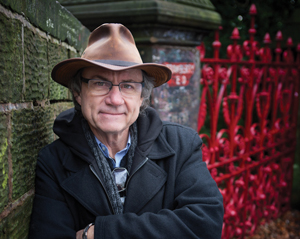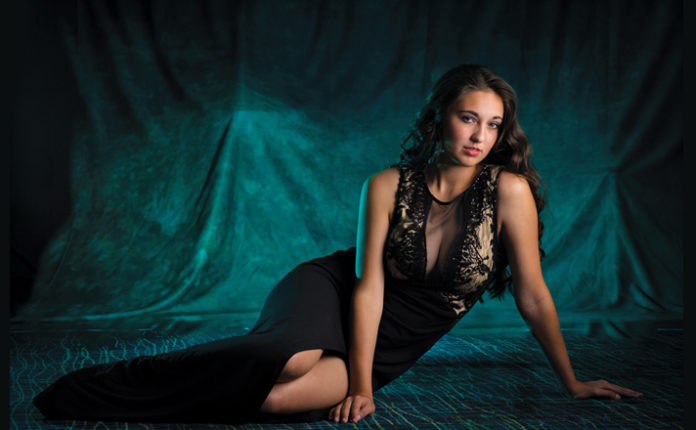Many of you have already been a part of photographic conventions, possibly photographic schools, workshops, or seminars. Clearly, most of the tools of our craft are gained while attending these types of events. I can’t recall too many successful photographers who have embarked on a career without attending conferences, conventions, workshops and seminars. Unlike any other professional career choices, photographers tend to go into business before learning the subtle details of their craft. Many other countries around the world require much more schooling and testing before photographers can go into business for themselves than here in the United States. Some western European countries require an advanced degree, a residency and internship styled program and a test which resembles the BAR exam. Anyone with a camera can go into business as a photographer in the United States.
So, you’ve signed up for a workshop. You have blocked yourself out of the studio and have packed all of the necessary clothing, equipment and notebooks. There are a few things to be mindful of before leaving for your trip to a workshop or school. First, if you are a full-time working professional photographer, much of what you will learn may be in small nuggets of great information gleaned from what may lie below the surface of the techniques being taught or shown. Much of what you may see and hear, you may already know. What I mean by that is that this is an association of professionals. While we don’t know everything, we know a lot and we are kidding ourselves if we think we will learn something new and earthshaking all day, everyday during a workshop. Sometimes workshops or schools can be a refresher course, sometimes an inspiration, but almost always necessary. Workshops help us in ways we may not recognize at first.
While teaching a class in Texas recently, I was illustrating a technique of painting with light. One of my students made the comment, just loud enough for me too hear, that this wasn’t a very good use of our time and that he’d never have a use for this technique. Another student overheard and explained that he had learned the same technique years before and felt the same way, only to be surprised by a higher end client who asked if he could photograph a nice night time shot of his company’s airplane. By remembering the techniques, he was able to pull off the job quickly and efficiently without a lot of testing in front of the client.
You may not always see the value of the illustrated lessons but, mark my words, someday you’ll use the information. Never say never. Go to your school or workshop with the right attitude. Don’t go in with the idea of sitting in the back row with your arms folded thinking, “Okay, teach me something.” In fact, start out by getting involved, getting to know the instructor and spending time with the group. Jump up and grab a light stand if the instructor needs an extra hand.
GET INVOLVED and STAY INVOLVED. Eat together with fellow students, discuss the day’s offerings and you’ll soon feel part of the community. That feeling will stay with you long after the school has ended, and you are back to the daily work in your business. Most of what I have learned in our industry has come from one on one discussions with other photographers, instructors, often while eating, riding in an elevator or sitting around together after class. It’s all part of the experience and I hope you will invest your time wisely and get the most from your efforts.
 Tony Corbell has been teaching lighting concepts, theories, and techniques for over twenty-five years and has spoken to over over 40,000 photographers throughout the world on the topic of light control. His numerous youtube videos have topped well over one million views. He is an instructor at the Texas School of Professional Photography and most recently spoke at TPPA Summerfest 2018. You can learn more about Tony Corbell at www.corbellworkshops.com and www.corbellphotographics.com.
Tony Corbell has been teaching lighting concepts, theories, and techniques for over twenty-five years and has spoken to over over 40,000 photographers throughout the world on the topic of light control. His numerous youtube videos have topped well over one million views. He is an instructor at the Texas School of Professional Photography and most recently spoke at TPPA Summerfest 2018. You can learn more about Tony Corbell at www.corbellworkshops.com and www.corbellphotographics.com.








